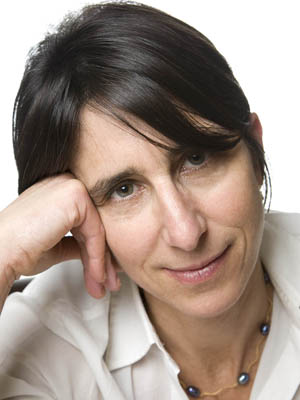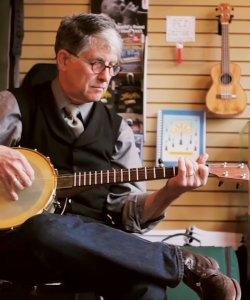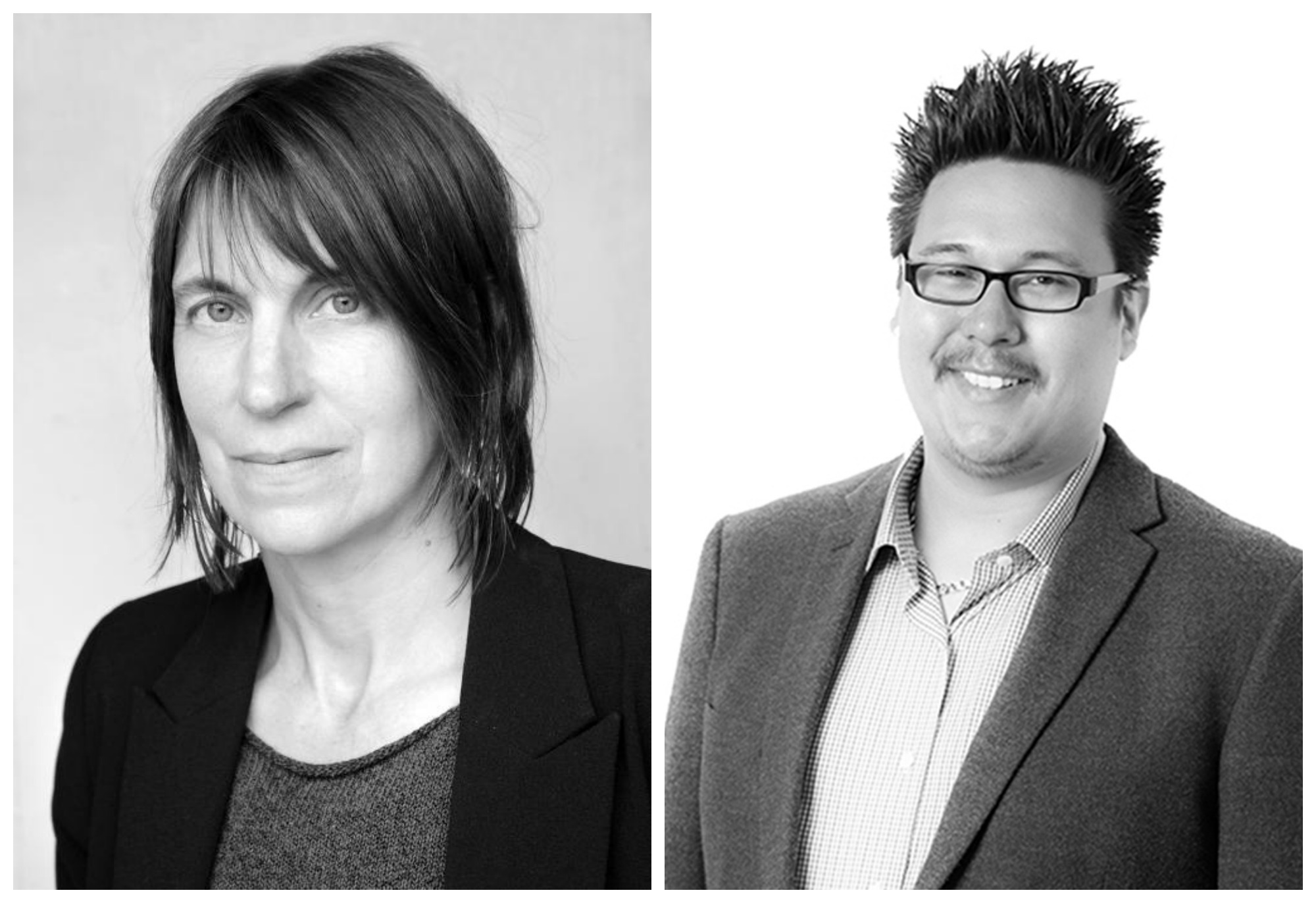Jessica Greenbaum’s most recent book of poems is The Two Yvonnes (Princeton University Press, 2012). Recipient of an NEA award in 2015 and the Poetry Society’s Alice Fay di Castagnola Award in 2016, she is a social worker and teaches inside and outside academia, most recently at Barnard, Central Synagogue, Brooklyn Poets, Footsteps, and for 9/11 first responders through the World Trade Center’s Health Program. You can find out more about her work at poemsincommunity.org.
 Last winter, Poets & Writers supported a poetry workshop at Footsteps, the only agency in North America providing services for people venturing out of the insular world of Jewish ultra-Orthodoxy. I had heard about Footsteps through a fellow social worker, Jesse Pietroniro, who was a Footsteps staff member—and I was immediately drawn to working with this community. (A stellar feature piece about Footsteps, “The High Price of Leaving Ultra-Orthodox Life,” was recently published in the New York Times Magazine.) Jesse helped champion the notion of a workshop to his colleagues, but it was clear that any payment was going to have to come from an outside source. Luckily, a friend introduced me to Emily Rubin, a writer who has been supported by P&W for her workshops with cancer survivors, their families and caregivers, at two hospitals in New York City. Emily told me about P&W’s grant program, and after I reached out to the director of Readings & Workshops (East) Bonnie Rose Marcus, it took P&W almost no time at all to recognize Footsteppers—as they call themselves—as an underserved population if ever there was one.
Last winter, Poets & Writers supported a poetry workshop at Footsteps, the only agency in North America providing services for people venturing out of the insular world of Jewish ultra-Orthodoxy. I had heard about Footsteps through a fellow social worker, Jesse Pietroniro, who was a Footsteps staff member—and I was immediately drawn to working with this community. (A stellar feature piece about Footsteps, “The High Price of Leaving Ultra-Orthodox Life,” was recently published in the New York Times Magazine.) Jesse helped champion the notion of a workshop to his colleagues, but it was clear that any payment was going to have to come from an outside source. Luckily, a friend introduced me to Emily Rubin, a writer who has been supported by P&W for her workshops with cancer survivors, their families and caregivers, at two hospitals in New York City. Emily told me about P&W’s grant program, and after I reached out to the director of Readings & Workshops (East) Bonnie Rose Marcus, it took P&W almost no time at all to recognize Footsteppers—as they call themselves—as an underserved population if ever there was one.
Because we ran the five weeks of workshops as open door sessions, participants often overlapped from the week before, but each week the room held new people and a varied dynamic. One participant had been writing for years, and was just awaiting the publication of her chapbook, while others came as novices. Very little is as refreshing—and instructive—as the passion of a reader without internalized hierarchies. Discussing the poem of a laureled poet one participant said, “I hate this guy!” This same participant also unpacked more exciting ideas from another well-known poet’s six-line poem than I ever had, adding, “I love this stuff!” Because Footsteppers have learned to survive by listening to their true thoughts, they have honed the tools of a poet—an honest listening—before even stepping into the room.
The big decision in such a workshop is: How overtly therapeutic should the workshop feel—and still offer poetry writing as a means of expression for everyone? In order to best serve the Footsteppers, how directly should I address issues of identity, family abandonment, trauma, and the other emotional weather systems in the world of people leaving an insular community? From the work I had done with 9/11 first responders, and in consultation with studies used by the NEA’s writing program for veterans suffering from PTSD, I decided to offer some model poems that would touch on those issues at a slant, but that the workshop would present itself more neutrally, almost like a cooking class, and that I would follow where discussion and concerns wandered.
As so often happens, class prompts allowed participants to have spontaneous, organic responses. When asked to recount, as if telling the story to a friend, an incident from childhood that remained resonant for them, participants found their way to anecdotes that seem to hold whole microcosms of their bigger histories. And a prompt to follow stream of consciousness did the same.
Find a community with a tragic amount unsaid and you’ll find a workshop with a true reason for finding words. Find people who have lost a profound sense of their past in order to shape their true selves, and you’ll find poems that blaze with life force and discovery.
Support for the Readings & Workshops Program in New York City is provided, in part, by public funds from the New York State Council on the Arts, and the New York City Department of Cultural Affairs, with additional support from the Frances Abbey Endowment, the Cowles Charitable Trust, and Friends of Poets & Writers.
Photo: (top) Jessica Greenbaum (Credit: Leslie Jean-Bart).








 Last winter, Poets & Writers supported a poetry workshop at Footsteps, the only agency in North America providing services for people venturing out of the insular world of Jewish ultra-Orthodoxy. I had heard about Footsteps through a fellow social worker, Jesse Pietroniro, who was a Footsteps staff member—and I was immediately drawn to working with this community. (A stellar feature piece about Footsteps, “The High Price of Leaving Ultra-Orthodox Life,” was recently published in the
Last winter, Poets & Writers supported a poetry workshop at Footsteps, the only agency in North America providing services for people venturing out of the insular world of Jewish ultra-Orthodoxy. I had heard about Footsteps through a fellow social worker, Jesse Pietroniro, who was a Footsteps staff member—and I was immediately drawn to working with this community. (A stellar feature piece about Footsteps, “The High Price of Leaving Ultra-Orthodox Life,” was recently published in the 
